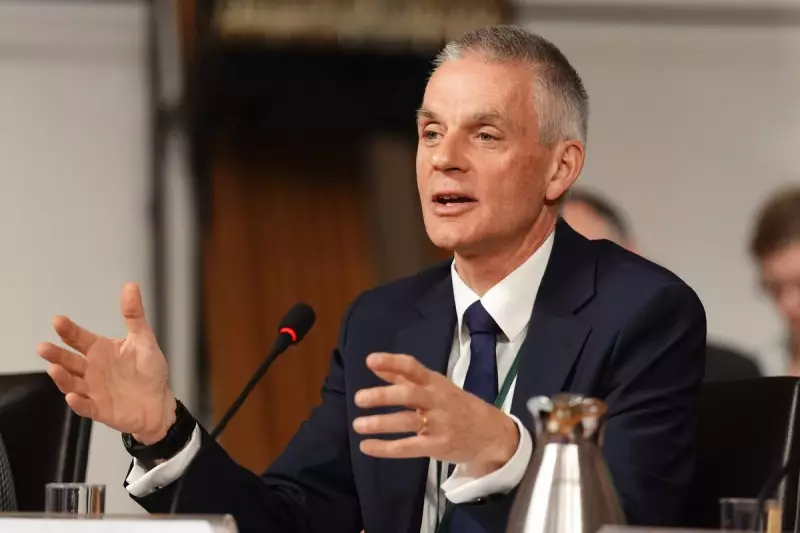
In a landmark address to BBC staff, Director-General Tim Davie has declared a comprehensive reform programme aimed at reinforcing the broadcaster's commitment to political impartiality. The sweeping changes come amid growing concerns about perceived bias within the organisation.
Strict New Guidelines on Political Expression
Davie announced that staff will face clear restrictions on public expressions of political opinion, particularly on social media platforms. "If you want to be an opinionated columnist or a partisan campaigner on social media then that is a valid choice, but you should not be working at the BBC," he stated unequivocally.
The new rules extend to banning the display of political symbols in the workplace, including badges and other visible markers of political affiliation. This represents one of the most significant crackdowns on staff conduct in the corporation's recent history.
Addressing the Black Lives Matter Controversy
The Director-General specifically addressed the ongoing debate around Black Lives Matter, acknowledging the complexity of covering the movement while maintaining impartiality. He emphasised the need for careful navigation between reporting on the issues of racial injustice and appearing to endorse specific political organisations.
"You simply cannot be aligned with any political campaign, no matter how apparently worthy the cause or how much it appears to be accepted by 'the right people'," Davie told staff, referencing the delicate balance required in covering social justice movements.
Mandatory Impartiality Training
As part of the overhaul, the BBC will implement compulsory training for all staff on impartiality and editorial standards. Davie revealed plans to appoint a senior figure to lead this training initiative, ensuring that understanding of the BBC's values becomes fundamental to everyone working within the organisation.
The reforms also include changes to recruitment processes, with a renewed focus on hiring individuals who genuinely understand and respect the BBC's commitment to balanced reporting.
Learning from Past Mistakes
Davie referenced specific incidents where the BBC's impartiality had been questioned, including the controversial decision to have a presenter ask whether Prime Minister Boris Johnson should apologise for the findings of a report into anti-Semitism in the Labour Party.
He also addressed the corporation's coverage of Kamala Harris, acknowledging that some reporting had been criticised for lacking appropriate context about her political background and positions.
A New Era for the BBC
The Director-General framed these changes as essential for the BBC's future relevance and survival. "The BBC has no inalienable right to exist. We have to earn the public's trust every day," he warned, positioning the reforms as crucial for maintaining the broadcaster's position as a trusted news source in an increasingly polarised media landscape.
These measures represent the most significant shake-up of BBC editorial standards in recent years, signalling a determined effort to address criticisms of bias that have dogged the corporation from both sides of the political spectrum.





